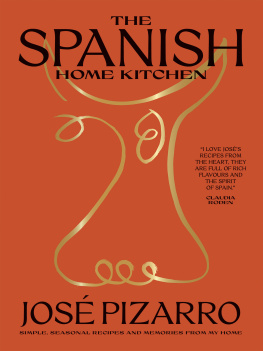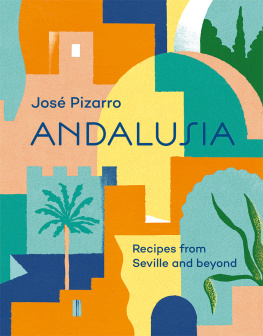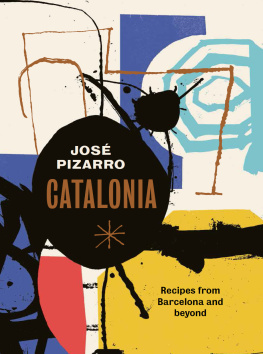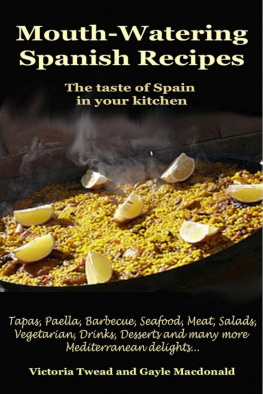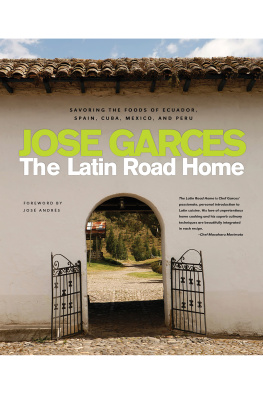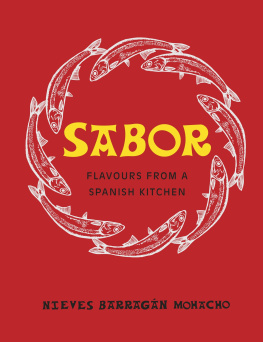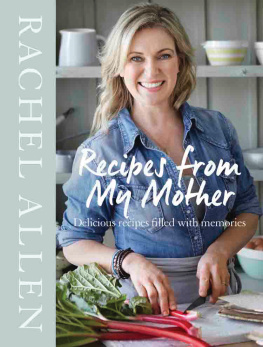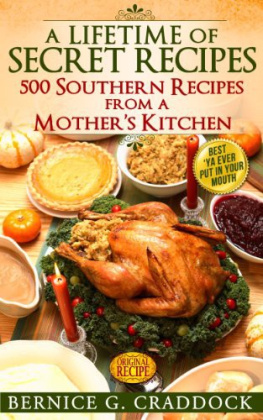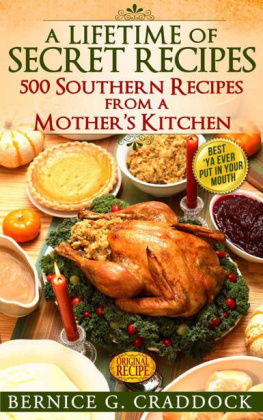


A lthough I love the adrenaline running through my veins during service in the restaurant, I also love cooking more quietly at home for friends and family. I started cooking in my twenties, but when I was a boy I was not allowed to be in the kitchen much at all; my mum was so busy helping my dad on the farm. Having breakfast, lunch and dinner on the table everyday at the right time was her way of showing her love. I always found a way to be in the kitchen though, absorbing the atmosphere, and taking in all the lovely smells that wafted through the air. Now all it takes is a subtle smell of chickpeas or a stew to take me right back to those moments of watching my mum and grandmother cooking at home in their rustic kitchens so full of love and life. Recipes capture moments like photographs, but even more than that, they allow us to recreate those same taste and smell sensations.
For me, cooking is so much about memories. I love people, and creating moments of happiness together is why I love to cook. When I return to a certain dish or recipe, all the memories about the people, places, and moments associated with it come flooding back, and add a pleasurable dimension. Memories make happiness.
The memory of happiness is perhaps also happiness.
AGNS VARDA
A whole host of wonderful food-related memories are invoked every time I cook. Whenever I put a particular combination of ingredients together in a pan or on a plate I remember something from the past happy memories of family and friends, remembering where we were or what we were doing, remembering what we were talking or laughing about, or just appreciating the time we spent together this is the best thing about food.
The memories we have are just the surface though. Most of the time the real story of a dish goes way back, and has been passed from person to person, and from generation to generation, until here we are sitting in front of the dish ourselves. How extraordinary is that?
Memories of life in old rural worlds live on in the cooking like ghosts hovering in saucepans.
CLAUDIA RODEN
I have always had so much respect for food historians who research, catalogue and preserve recipes. Their work helps me to be mindful of the responsibility we have to guard traditional recipes so they survive long into the future. In a way, I am doing this through writing this book. As a chef it is also my responsibility to develop and build on recipes so they improve. The languages we speak are not the same as they were hundreds of years ago, and neither are recipes the same, theyve evolved too.


In this book I want to convey how important memories are in cooking, how we are recreating and creating each time we cook a dish and add the ingredient of a certain memory. In fact, memories are essential ingredients in my cooking. The most precious memories stay with us throughout our lives - this brings immense happiness. Its these most treasured and valuable memories that I strive to recreate at home, in my restaurants, and in my books.
I hope you can sense something of the tremendously happy memories behind the recipes in this book, and in turn that youll be able to create some special memories of your own these are real treasures.
Memories are essential ingredients in my cooking.







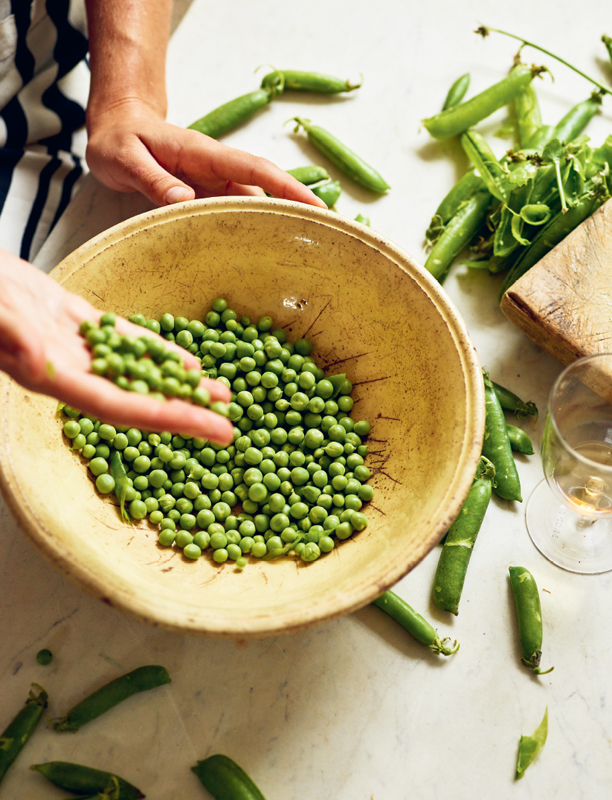

Living on a farm in rural Spain, my family knew how to live off the land. This is something that was passed down from generation to generation. My dad taught my older brother Antonio how to look after the allotments and how to get the best results. As my parents got older, wed visit the huerta (vegetable garden) on a daily basis with them to see how the plants were doing, and which fresh produce was ready to pick. I have wonderful memories of walking to the garden with my dad: the experience of picking something as simple as a fresh tomato, ripened in the hot Extremadura sun, will always remain with me. My dad would sometimes scold me: No, dont pick that, son. Its not ready. Tomorrow it will be ready! He was always right. He knew the produce he was growing so well he could tell you the exact moment each vegetable was ready to be picked and taken back to the kitchen table not a moment too soon, nor too late!
I remember my poor dad coming to London for the first time in 2000: he couldnt believe the pitiful size, bitter taste, and sky-high price of the lemons here! In Spain, lemons are so plentiful they just fall from the trees and are everywhere on the ground. When ripened by the sun, they are juicy and a darker yellow, and theyre not bitter at all. I remember him visiting Borough Market, too, where he encountered cherry tomatoes for the first time he took some back to Spain with him and used the seeds to propagate his own plants. He was a gardener, through and through.
One of the main things I love about vegetables is how seasonal they are, and how the food we eat changes through the year depending on whats available in nature. For example, when you think of pumpkins, you immediately think of autumn and all its festivities, while the thought of blood oranges conjures up winter. In my restaurants, I like to change the menus to reflect the changing seasons and the variations in produce. This reminds me how dependent we are on our beautiful planet for existence, and it helps me feel more in touch with nature.
When I arrived in the UK from Spain in 1998, the vegetarian movement here was developing, and this was a new concept to me. The idea of vegetarianism really didnt exist in Spain at all at that time. At one point, I travelled back to Spain for an article I was doing about jamn Ibrico. The photographer I travelled with was vegetarian, and I remember the old lady who was cooking lunch for us on the farm we visited insisted the photographer could eat the jamn because the pigs were 100 per cent Ibricio acorn-fed and she wasnt joking! She really understood that a vegetarian was concerned that the
Next page
